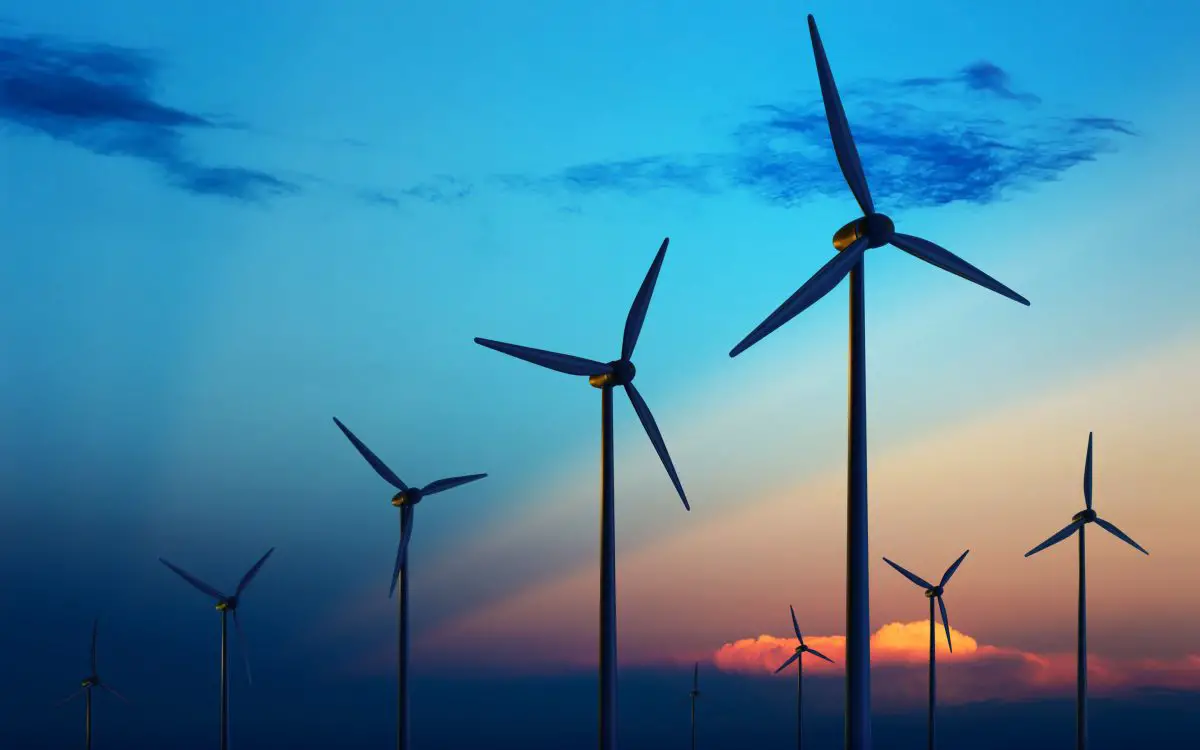Construction works of the Gulf of Suez wind farm in Egypt is set to be complete by October. This is according to New and Renewable Energy Authority (NREA) Executive Chairperson, Mohamed El-Khayat.
Mohamed El-Khayat said that the project is 85% complete while the rest of the work 15% is expected to be done by October and trial operation set to begin in November this year. Commercial operation is to start before the end of this year.
Also Read:Largest wind farm in Africa to be commissioned
Gulf of Suez wind farm
The Gulf of Suez wind farm is being developed by a trio of elite companies known as Toyota-Orascom-GDF Alliance. The companies are Egypt’s Orascom Construction, France’s GD France, and Japan’s Toyota.
The project is being financed by the Japanese Bank for International Cooperation (JBIC), in partnership with lenders Sumitomo Mitsui Banking Corporation (SMBC) and Société Générale. Nippon Export and Investment Insurance (NEXI) will insure risks for commercial lenders.
Under the supervision of the New and Renewable Energy Authority (NREA) of Egypt, the project is built in terms of Build-Own-Operate (BOO) system, a project delivery mechanism in which a government entity sells the right to construct and operate a project for a specified time to a private-sector party, according to agreed design specifications.
Construction work is expected to be fully completed in October 2019, followed by the first bulk power generation tests. It is expected to produce 250 MW of power. State-owned Egyptian Electricity Transmission Company (EETC) will purchase electricity at 3.80 Egyptian pounds per kW/h (22 cents) over a 20-year period. Total cost of building this wind farm is US $400m.
Capacity of renewable energy in Egypt
The current capacity of renewable energy in the Arab republic of Egypt as of now has reached 1,100MW. This represents 10.5% of the total energy produced in the country; 1.5% solar and wind, and 9% hydropower.
El-Khayat pointed out that renewable energy beats traditional energy in terms of cost easing the burden on the general budget. Furthermore, he noted that recent economic reforms, for example the liberalization of local exchange rate and fuel subsidy cuts allows the government to adopt the BOO scheme, in which the Egyptian Electricity Transmission Company (EETC) is committed to purchase the energy produced according to the contract price.
